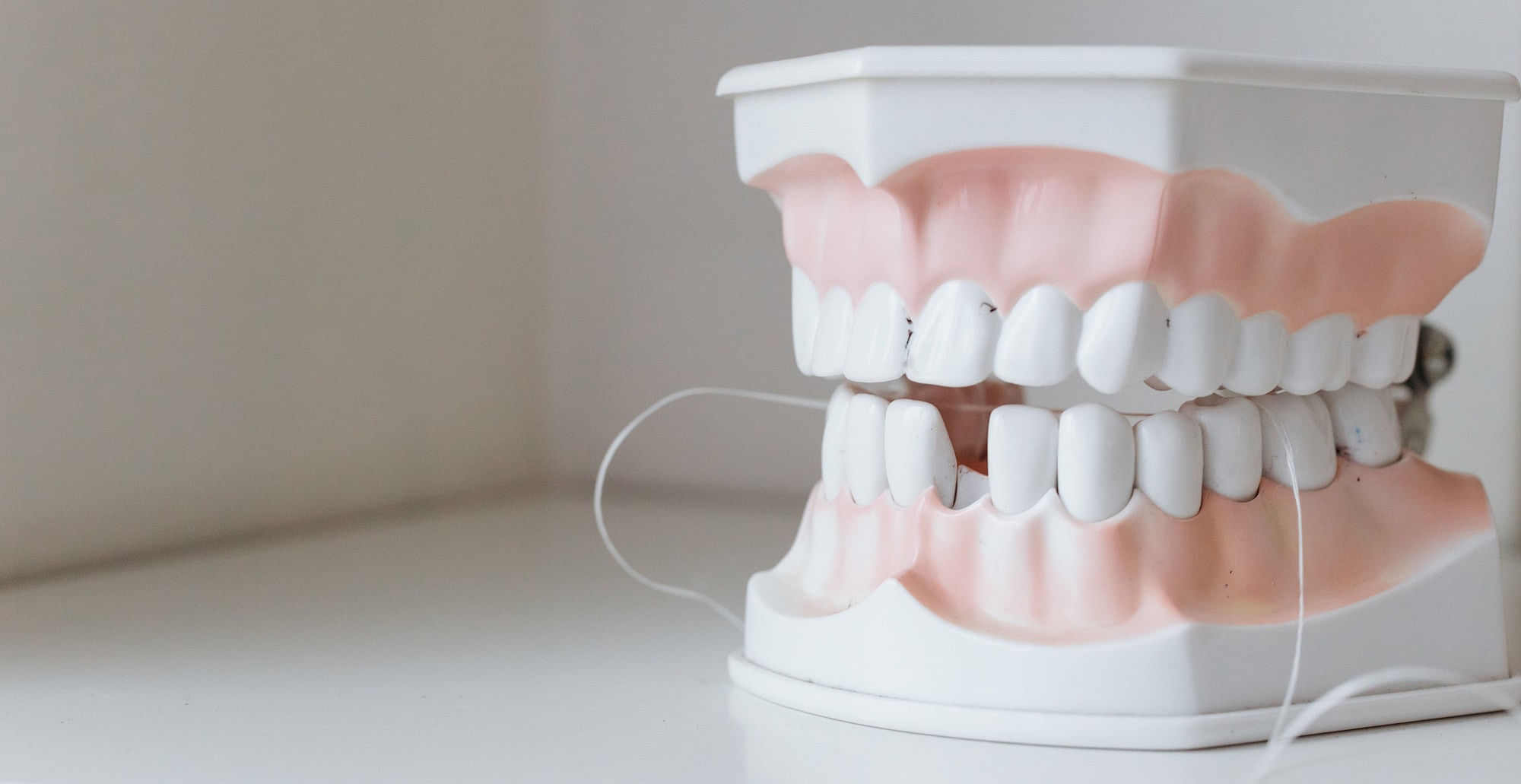

Education
Station
The Benefits of Coconut Oil Pulling
The benefits of oil pulling are many. Oil pulling is reported to remove bad bacteria from the mouth, gums, and tongue by causing the bacteria to adhere to the oil as it’s swished around. Coconut oil pulling is especially popular thanks to the myriad of benefits of coconut oil in general. Coconut oil is inherently antibacterial, antifungal, and moisturizing. It is commonly used as a form of natural moisturizer for a variety of skin conditions. Coconut oil pulling has the potential to strengthen the gums, teeth, and jaw, all while aiding in the fight against tooth decay. It is also useful for cracked lips and a dry throat. There is even limited evidence to show that oil pulling can whiten teeth. There are anecdotes online about coconut oil pulling helping to alleviate migraines and improve blood sugar levels, but this has not been rigorously investigated. It's important to understand that coconut oil pulling is not a panacea; severe illnesses must be investigated properly by physicians and holistic dentists to rule out more insidious causes.
Does Coconut Oil Pulling Really Work?
Growing interest in alternative and supplementary medical practices has led to a growing public fascination with oil pulling. Several people claim that the practice removes inflammation from the gums and helps protect teeth from harmful bacteria. Medical researchers have conducted systematic reviews of randomized clinical trials relating to the effectiveness of oil pulling on dental health. The conclusion of the research was that there is some evidence to suggest that oil pulling might have a beneficial impact on overall oral health. Some studies show a unique benefit of coconut oil pulling in that it’s as effective as using a chlorhexidine mouthwash. Further clinical trials in the future are required to establish just how much of a benefit oil pulling has as a part of a regular oral hygiene routine.
Should I Try Oil Pulling?
People looking to take advantage of the possible benefits of oil pulling can rest easy knowing that there are few, if any, potential side effects. Avoid inhaling the oil into the lungs, as this can cause issues with breathing. If you have an allergy to coconuts, then you can try oil pulling with olive oil as an alternative. Additionally, it’s a good idea not to spit oil directly into the sink because it can clog your drain if it solidifies without being washed down with plenty of hot water. You can spit coconut oil directly into the trash to avoid any plumbing risks. Coconut oil pulling is not a replacement for regularly brushing and flossing your teeth or other holistic dental care.
Top-Rated Holistic Dentistry Nearby
The American Dental Association continues to study oil pulling while also recommending regular, professional teeth cleaning done by holistic dentists. LeBlanc Dental understands the value of total-body wellness and seeks to integrate the practice of looking after the "whole" that is the sum of its parts with proper dental care. Contact us today via phone or email to schedule an appointment and to learn more about the benefits of oil pulling for your smile!


